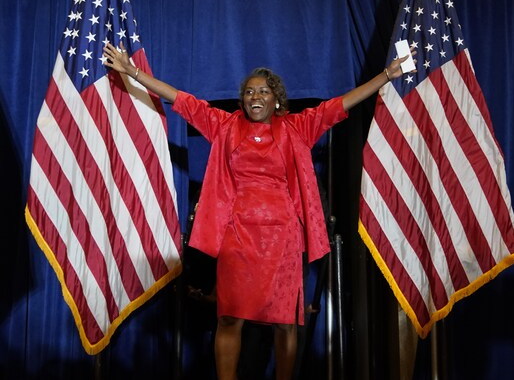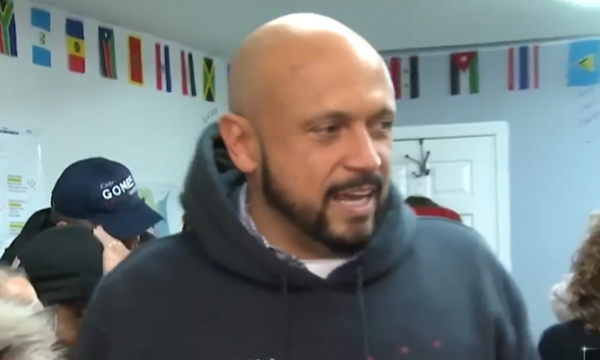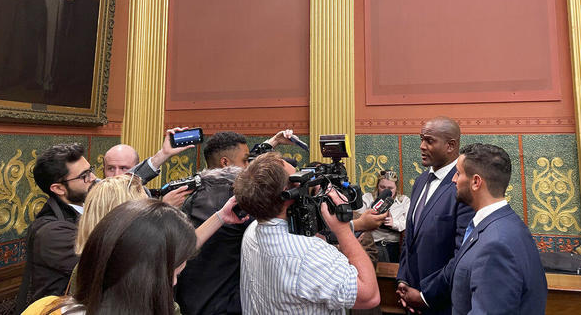Election adds drama, too, to Virginia Senate
Virginia Democrats took a drubbing in Tuesday’s election. As was widely reported, former Democratic governor Terry McAuliffe lost to Republican businessman Glenn Younkin, while the House of Delegates, where Democrats had enjoyed a ten-vote margin, tipped to Republican control with the likely loss of seven seats.
As a result, Democrats will control only the Senate, 21-19, after enjoying a trifecta since January 2020. Unlike delegates, Virginia’s senators do not stand for re-election until November 2023.

Sears
But for Democrats the damage may be even worse than many realize. Voters also chose Republican Winsome Sears as lieutenant governor. The Jamaican-born conservative, who will be both the first woman and first person of color to hold that office, will serve as presiding officer of the Senate and will act as tie-breaker whenever the Senate deadlocks.
In the new session the defection of a single Democratic senator on any issue will make Sears’ vote decisive.
While there were no 20-20 Senate votes in 2021 – partly due to the death of a Republican senator to COVID-19 – several issues were decided on narrow party-line votes, including voting rights (SB 1097, SB 1245 and SB 1395), abolishing the death penalty (SB 1165), clean energy (SB 1284), and open carry of firearms (SB 1381).

Petersen and Morrissey
The election of Sears also focused attention on Sens. Chap Petersen of Fairfax and Joe Morrissey of Richmond, both of whom are considered potential renegades who in the past have sided with Republicans on issues such as education and abortion. Petersen this year has criticized COVID mask mandates, while Morrissey voted with Republicans on an abortion-rights bill (SB 1276). “If you want to know what the Virginia Senate is going to look like next year,” noted one observer, “imagine the U.S. Senate with more than one Joe Manchin.”


